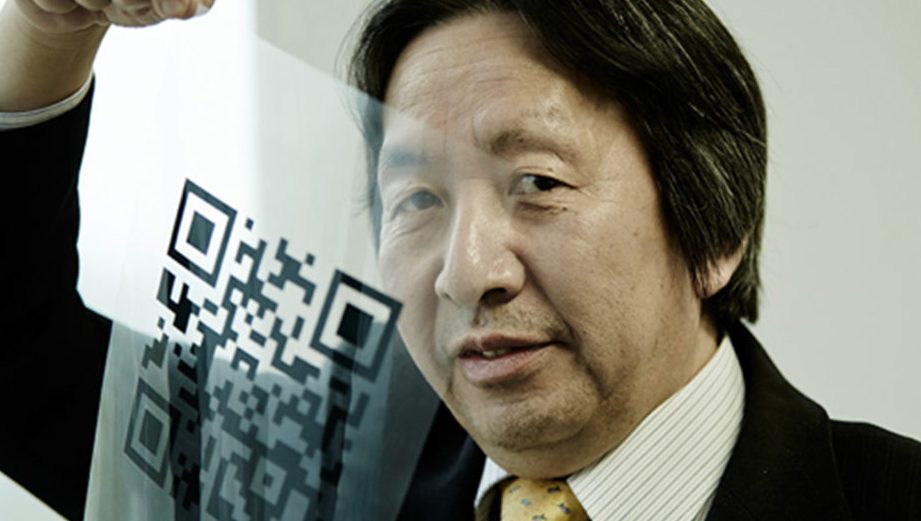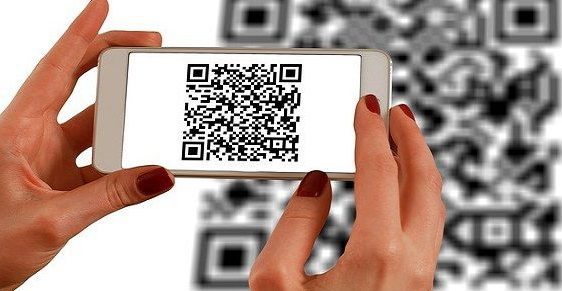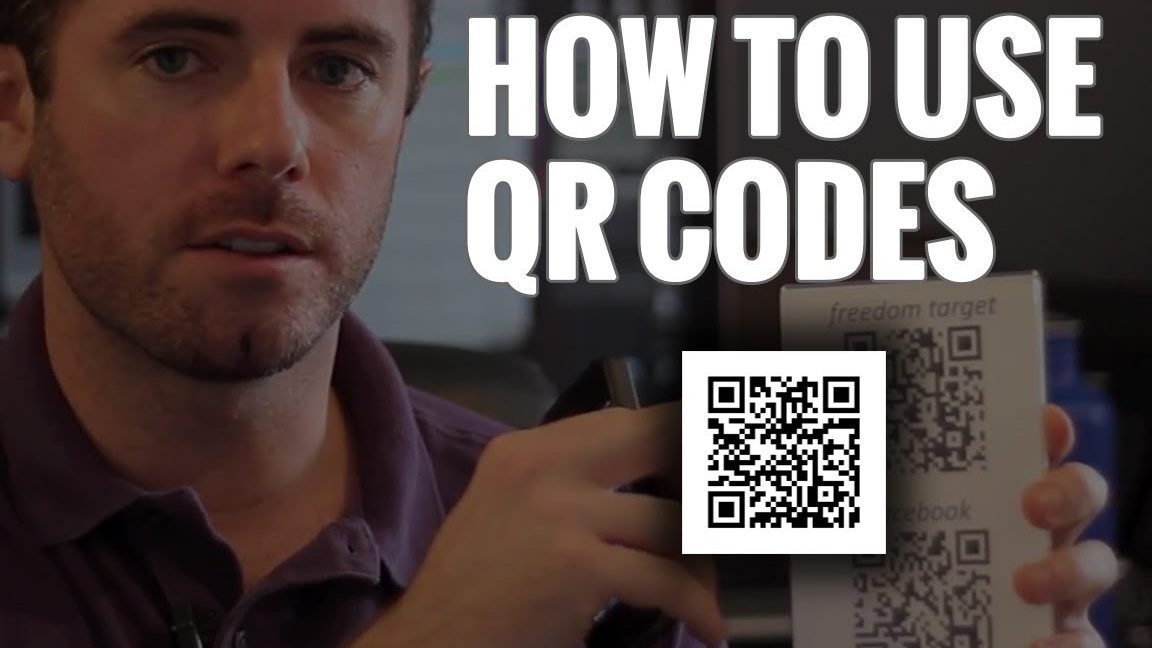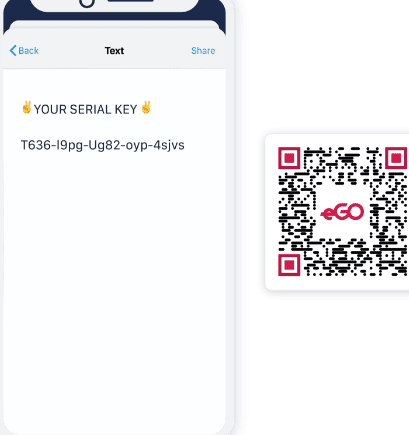Did you know that the QR code, that little scannable square that we all use, was once just a solution to a tracking problem on an assembly line? Masahiro Hara, the chief engineer at Denso Wave, invented the QR code in 1994 to monitor the movement of vehicles and parts. Here are some interesting facts about Hara and his invention:
In conclusion, Masahiro Hara’s invention, the QR code, has become an indispensable part of our daily lives. Without his forward-thinking monitoring solution, we wouldn’t have the convenience of scanning and accessing information with just a click.
The Birth of QR Codes
Quick Response (QR) codes have revolutionized the way we transfer and retrieve information. These square-shaped barcodes have roots in the manufacturing industry, specifically in the automotive industry in Japan. In 1994, the QR code was invented by a man who saw the potential of these codes far beyond assembly lines.
Meet Masahiro Hara: The Inventor
Masahiro Hara, the Chief Engineer at Denso Wave, is credited with the invention of QR codes. Hara’s idea was not only to monitor the movement of parts and vehicles in their factories but also to create a way for customers to easily access useful information about the products they purchased. The QR code was originally designed to allow customers to quickly retrieve product manuals, price lists, and other details from their smartphones.
Fun Fact: The QR code was initially called the “Quick Response Code” because it could be quickly scanned and decoded by a mobile device.
Denso Wave: The Company Behind QR Codes
Denso Wave is a subsidiary of the Denso Corporation, which is a global automotive parts manufacturer headquartered in Japan. The company’s focus is on creating smart solutions for manufacturing, including automotive and non-automotive products. Denso Wave produced the QR code as a free, open-source technology to increase adoption.
Quick Note: Denso Wave provides a variety of solutions and technologies, including QR code solutions and barcode readers.
QR Codes for Inventory Management?
QR codes were initially designed for inventory tracking on production lines, with each code containing information about individual parts or vehicles. As QR codes became more popular and widespread, companies began using them for inventory management.
Here are some benefits of using QR code for inventory management:
- Reduces the time required to read and enter data
- Enhances data accuracy
- Reduces labor costs required for inventory management
Exploring the Original Purpose of QR Codes
The original purpose of QR codes was to improve manufacturing efficiency. It was only after the invention of smartphones that QR codes’ potential for marketing was discovered. By scanning a QR code, customers can be directed to a specific web page, which makes it easy for companies to provide customers with additional information about their products and services.
Did You Know? QR codes were used extensively during the COVID-19 pandemic to help individuals to access information about contact tracing, testing locations, and test results.
The Evolution of QR Codes: Masahiro Hara’s Impact
QR codes have come a long way since their invention in 1994. Masahiro Hara’s invention has revolutionized inventory management, advertising, and even healthcare. The healthcare industry, in particular, has taken to QR codes to quickly and easily store patient information and medical histories securely.
Here are some industries that have benefited from QR codes:
- Retail
- Travel and tourism
- Real Estate
- Financial Services
- Education
QR Codes in Modern Times: Worthwhile Investment?
QR codes are an affordable and versatile technology that can be used by businesses of all sizes for a variety of purposes. They offer benefits that can simplify and streamline business processes while also providing customers with additional information about products and services.
Here are some key benefits of QR codes for businesses:
- Cost-effective marketing
- Increased customer engagement
- Improved business efficiency
- Improved data accuracy
- Better inventory management
QR Codes: More Than Just Scanning Technology
QR codes are more than just a scanning technology; they are powerful communication tools that have changed the way businesses operate. As technology continues to advance and the world becomes more reliant on digital technology, QR codes will continue to play an essential role in bridging the gap between the digital and physical worlds.
The Takeaway: QR codes are an investment that is worth the investment for businesses of all sizes. They offer advantages that can help businesses save time and money while improving their ability to market themselves and keep their customers happy.





